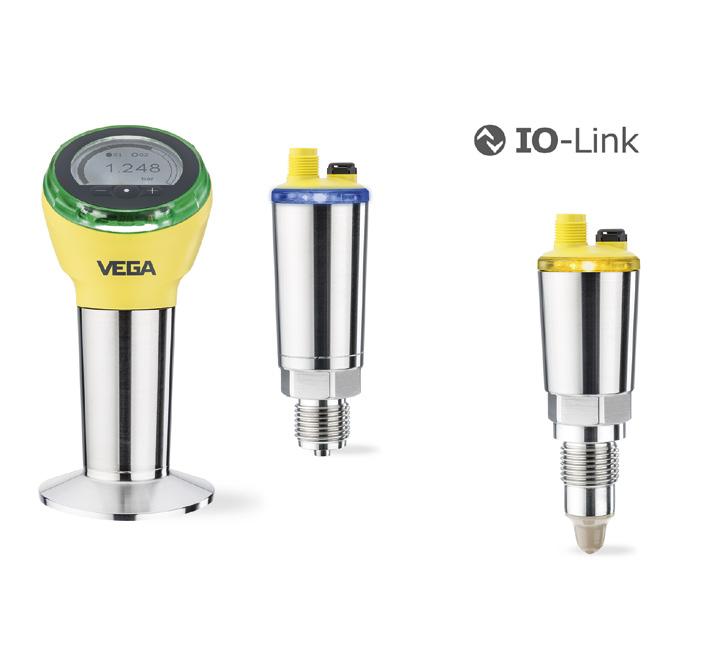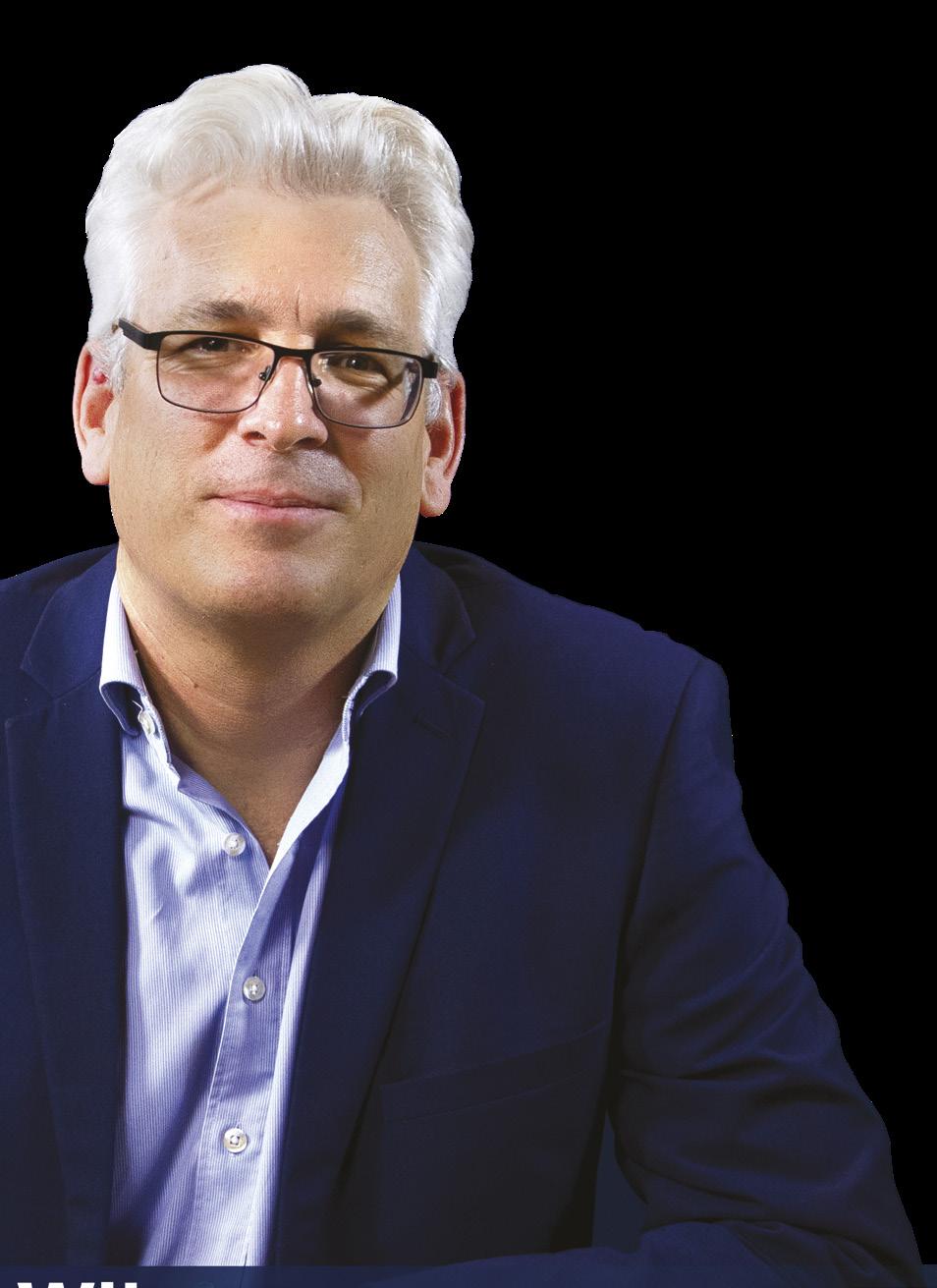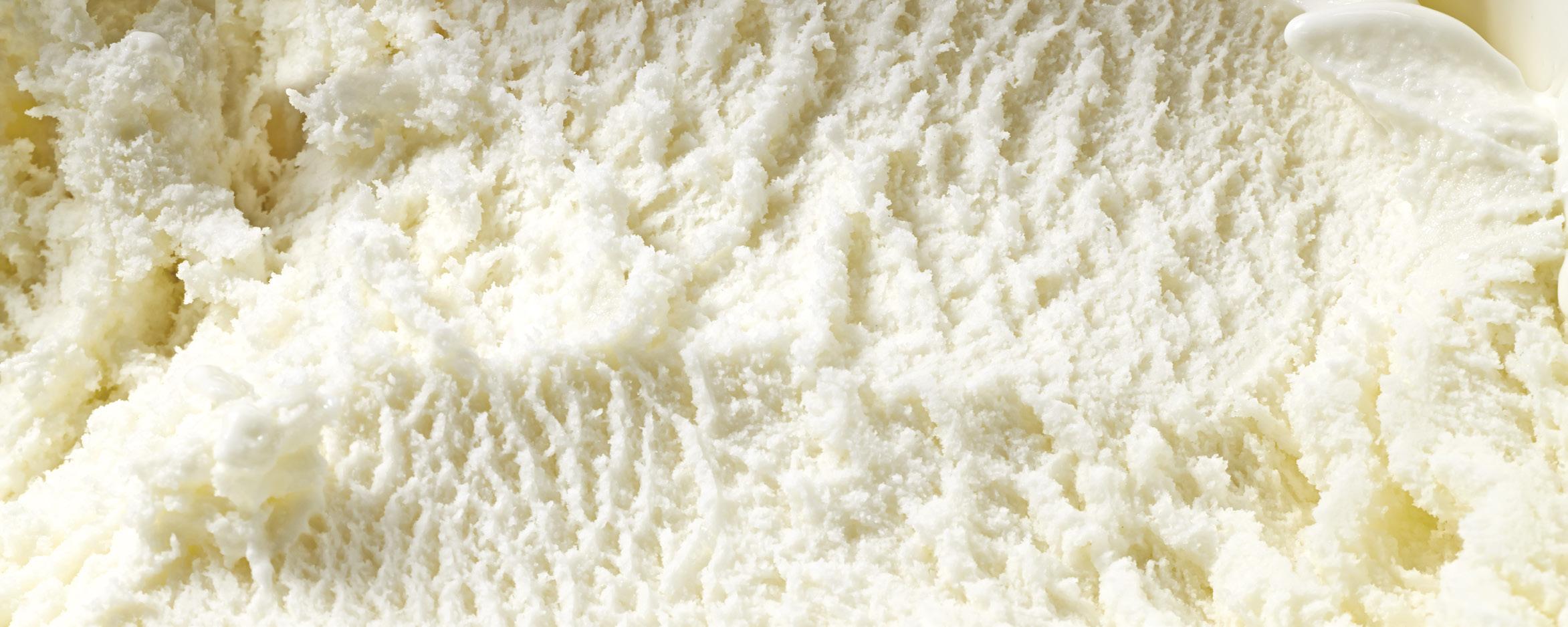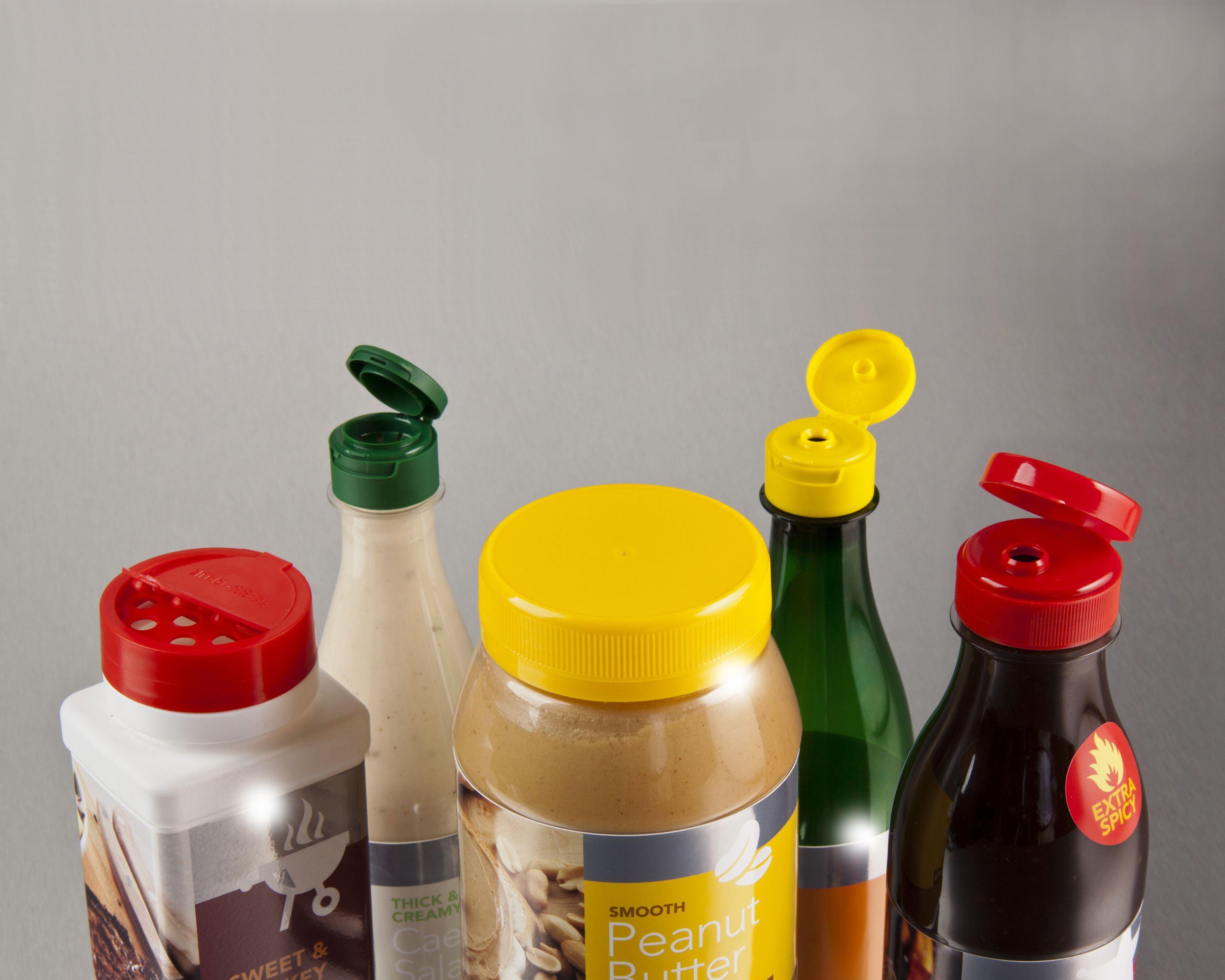
9 minute read
ALCOHOLIC BEVERAGES
GEA's AromaPlus membrane de-alcoholisation unit was installed at the Laitilan Oy's brewery plant at the end of 2019 Membrane de-alcoholisation unit for alcohol-free beer
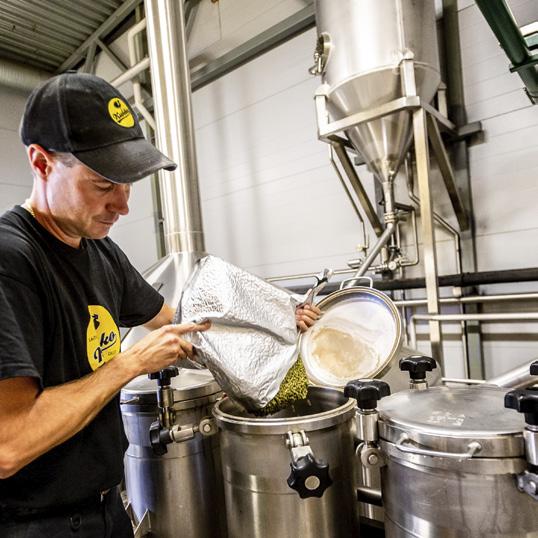
There are several different methods for producing de-alcoholised or non-alcoholic beer. Laitilan Wirvoitusjuomatehdas Oy (Laitilan) brewery in Finland knew it wanted to avoid wort-like flavours and achieve the best results when it came to taste and quality.
AN INDEPENDENT brewery in operation since 1995, Laitilan has grown to become Finland’s fourth-largest brewery. Its Kukko beer is the world’s first full-malt beer to receive the international gluten-free product trademark in 2005.
The brewery produces speciality beers, ciders, sparkling wine, soft drinks, waters and long drinks – which totalled more than 20 million litres in 2019.
DEALCOHOLISATION WITH REVERSE OSMOSIS During a separator installation at the brewery in 2017, plant manager Tommi Suutari asked GEA about possible solutions for beer de-alcoholisation. GEA had just developed and launched a new process using membrane filtration. Built on GEA's membrane filtration technology, AromaPlus works via reverse osmosis (RO). This allows alcohol and water to move through while retaining essential ingredients that contribute to aroma, colour and turbidity. The system achieves the required alcohol-free percentage of 0.5 per cent – down to 0.05 per cent. Several brewing frontrunners have chosen AromaPlus as it delivers in terms of cost and excellent tasting results.
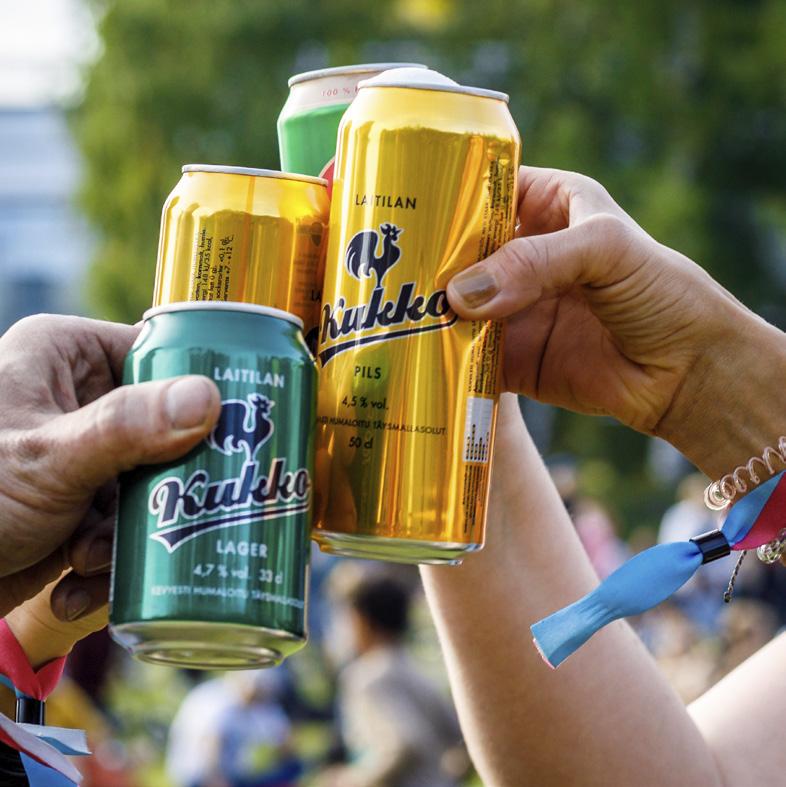
COLD PROCESSING RETAINS FLAVOURS The cold process with membrane filtration has less impact on beer
flavour and aroma is maintained when
compared to dealcoholisation methods,
which rely
on thermal processes. After a visit to one of the first producers of dealcoholised beer using the AromaPlus, the Schönbuch brewery in Stuttgart, Laitilan was convinced. GEA product manager Ralf Scheiber explains, ‘We put a lot of effort in developing the new AromaPlus process. We’re seeing that demand for non-alcoholic beer is increasing. Our solution has been well-received and is very much appreciated by breweries and consumers.’ UNIT DESIGN AND LAYOUT The de-alcoholisation unit is mounted on a frame and comes ready for installation. It includes the filtration modules fitted with the special AromaPlus reverse osmosis membranes. The system features pumps for media transport or for providing the required system pressure, internal piping and a CIP dosing unit are installed next to the unit. It also features control technology for semiautomated operation.
In addition to the process, the controller also manages cleaning-in-place (CIP) of the system to ensure proper operation and reliable cleaning of membranes. The modern GEA AromaPlus units have a standardised layout. Depending on size, they are designed for batch processing from approximately 50 hectoliters to more than 600 hectoliters per day. GEA also offers larger dealcoholisation units for continuous processing of more than 50 hectoliters per hour.
The brewery's de-alcoholisation plant was installed at the end of 2019 with the new products launching early 2020. ‘We're looking forward to starting up with the new products, and we believe that the new equipment will be working hard from the beginning of the year,’ concludes brewmaster Ville Vilen. •
Complete can line for greater capacity and preserved beer quality
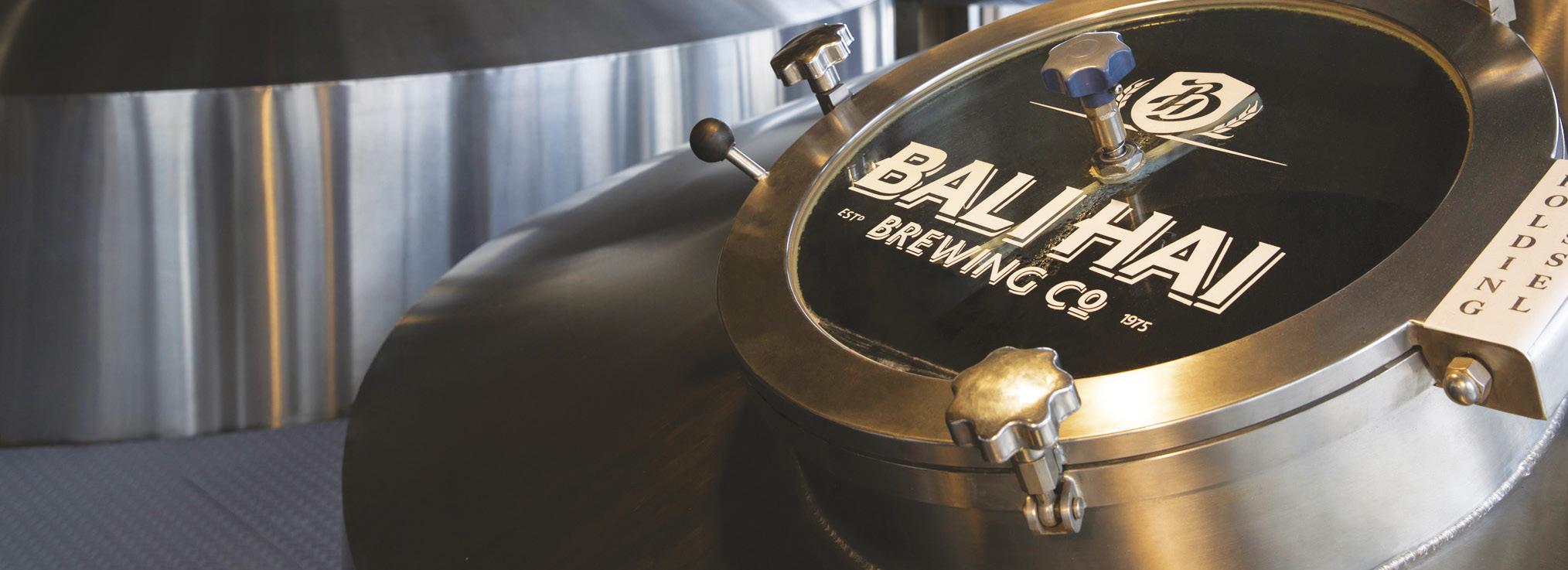
Bali Hai Brewery, situated in Indonesia, approached Sidel to install a new canning line. The aim was to secure a higher production capacity while maintaining the quality of its premium beers.
DESIGNED AND SUPPLIED by Sidel, the line runs at up to 33 000 cans per hour for the 330ml format, twice as fast as the former line. It features a very compact layout - in line with the brewery’s space constraints.
Bali Hai Brewery Indonesia has been developing and distributing a distinctive range of beer brands for the national and international markets since 1975. ‘Currently, our products are sold in more than twenty countries, including Russia, Singapore, Thailand, Japan, Korea and New Zealand,
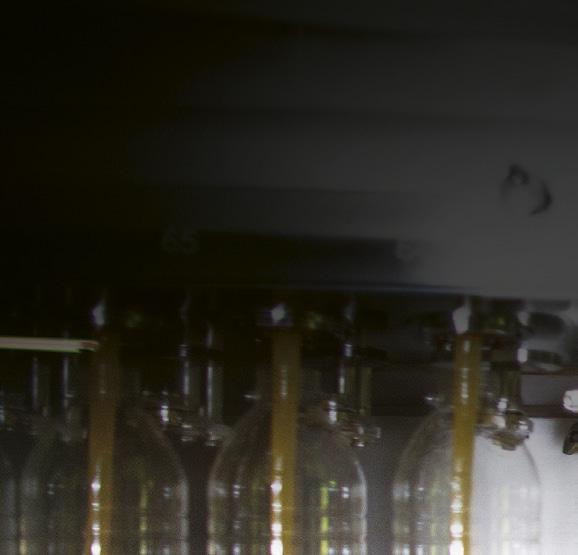
and in different regions of Africa. We are committed to maintaining the consistent taste and quality of our beers,’ explains Daniel To, technical director at Bali Hai. With a domestic market share of 3.2 per cent in 2018, the family-owned company is the fourth largest domestic brewery. It offers a portfolio that speaks to consumers’ preference for local and premium beer brands. These include Bali Hai Premium, Draft Beer, El Diablo Original and Panther Black. Regardless of strong Indonesian regulations to control alcoholic
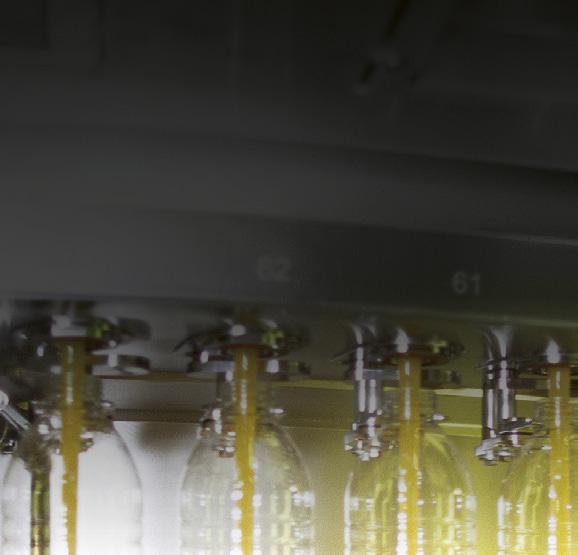
drink consumption, the beer segment in the country is showing a positive trajectory. It is set to register at seven per cent total volume CAGR to reach 324 million litres by 2023. To keep up with this growth, Bali Hai decided to invest in a large-scale project.
Their journey started when the facility underwent a major renovation and automation of its brewhouse and cellar area in 2013. Many of these processes were still performed manually. The brewery also decided to upgrade its canning line, managing 330ml and 500ml formats to fit their needs for higher efficiency. Sidel stepped in with its expertise in line design
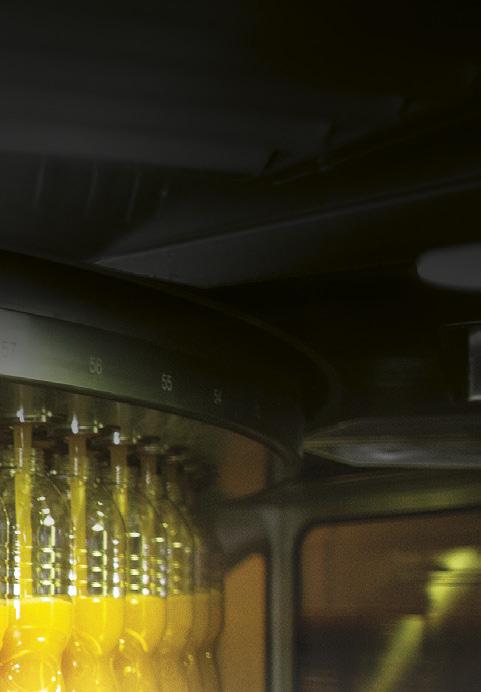
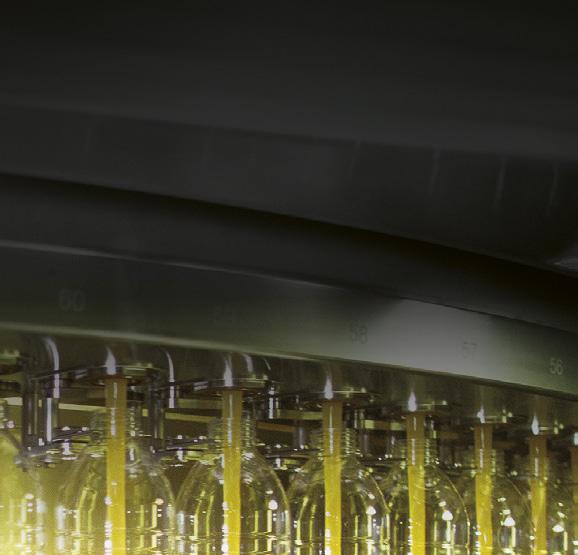
Over 60 billion bottles have been sterilised using Sidel Aseptic Combi with dry preform sterilisation saving our customers 10 billion liters of water and over 60,000 tons of PET. Sidel, when aseptic matters.

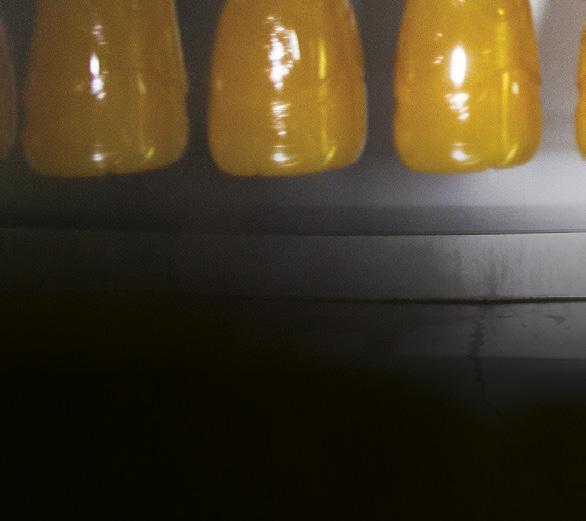
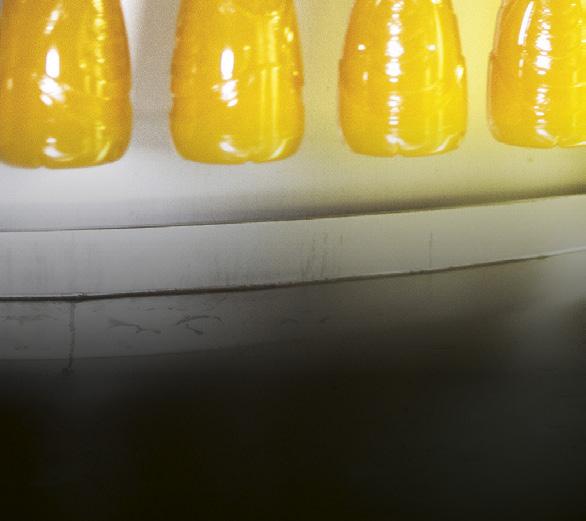

Visit Sidel at Djazagro, Hall CT, Booth D081 April 6 th -9 th Algiers


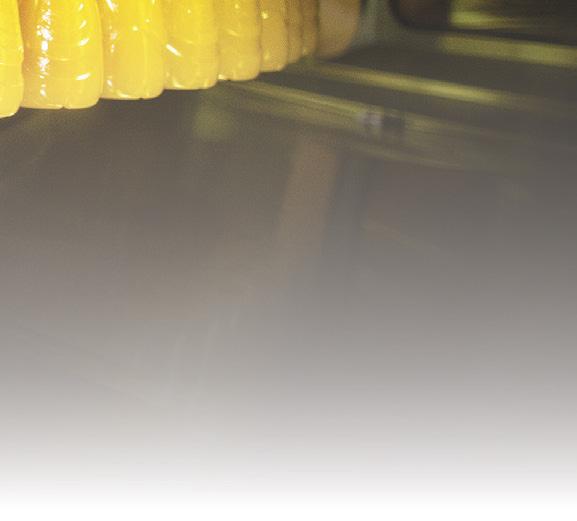

and engineering, deriving from a longstanding heritage in complete solutions for beer.
360° SUPPORT ROOTED IN COMPLETE BEER LINE EXPERTISE ‘The floor space available at our plant is limited. We needed a very compact solution that did not compromise on efficiency and flexibility,’ To explains. The project started with the search for the right location within the site, always considering the need for additional capacity. ‘We were initially planning a line that could deliver 24 000 cans per hour (cph) for the 500ml format. We trusted in Sidel’s engineers and went for a complete line that can reach up to 29 000cph, thereby securing high capacity production for years to come,’ he notes.
There were several important reasons for the Indonesian brewer to put its confidence for such a large-scale revamping in Sidel. ‘We appreciated the local service support and the time that the team took to understand and analyse our requirements. Thanks to their highly competent and responsive engineers, the installation of the line were completed in a short period,’ To enthuses. ‘Bali Hai can run the new canning line in three shifts, while the old one only allowed for a maximum of two.’
PROVEN FILLING AND PASTEURISING SYSTEMS FOR FULL CONTROL The complete canning line includes 13 different machines, laid out in six larger production modules: the de-palletiser, filler and seamer, pasteuriser, dryers, shrinkwrapper, tray shrink-wrapper plus conveying systems. Bali Hai’s goal of protecting beer quality was achieved through the integration of two specific solutions in the line: the latest Sidel volumetric electronic filler for cans and the PAMA pasteuriser.
When explaining the rationale behind the choice of the filler, Blegog Sugiono, packaging manager at Bali Hai, highlights, ‘We opted for Sidel's filling technology because of the very low total oxygen pick-up. This ensures high product quality. We use volumetric technology to guarantee that our cans are filled to the correct capacity, and there is no product waste.’
The PAMA pasteuriser features Sidel’s unique Prince Plus software. It offers ideal control of the pasteurisation unit (PU) and was specifically tailored to Bali Hai’s requirements. ‘We decided to install this system to have a constant level of quality and consistent taste across our beers. We could cool down the can temperature at the outfeed of the pasteuriser, thereby eliminating the risk of unstable quality. With the latest technology, we can narrowly adjust and control the PU following the specified 1, 2, 3, 4: The complete canning line system has a capacity of up to 29 000 cans per hour in the 500ml format and 33 000 cans in the 330ml size
1
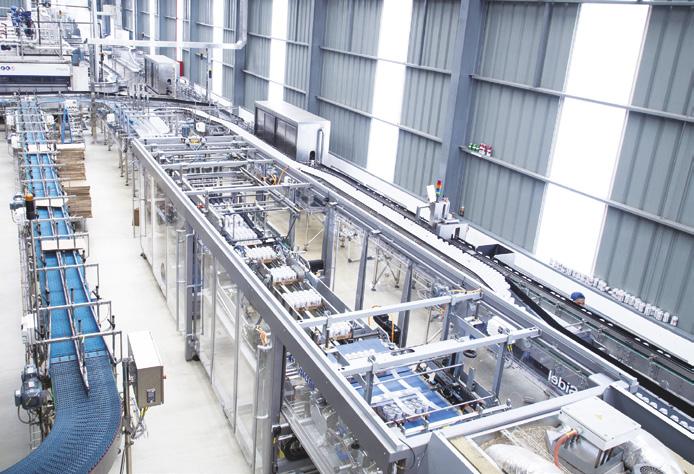
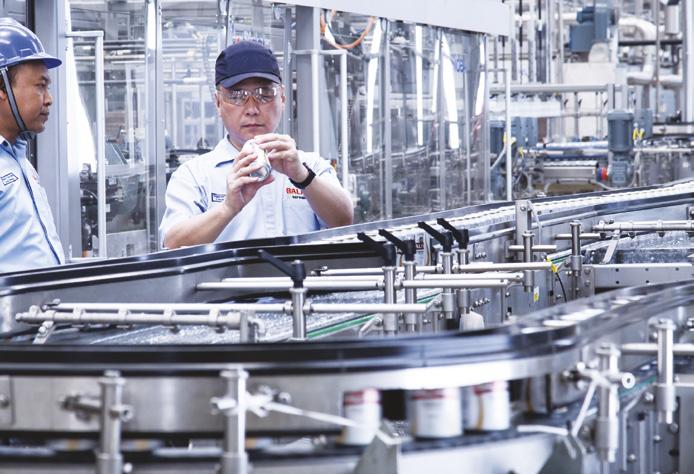
2
3
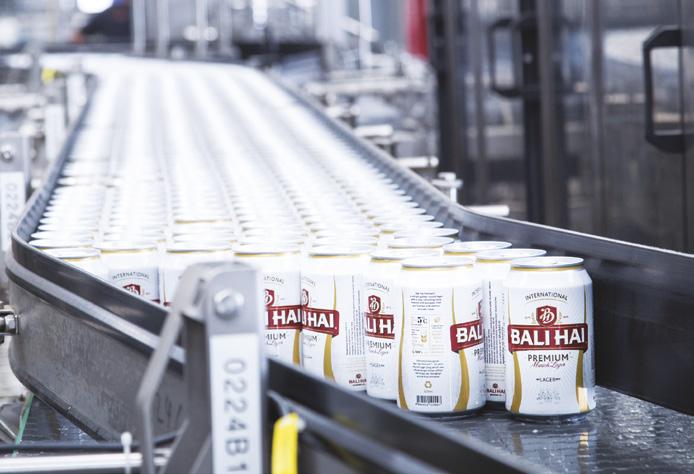
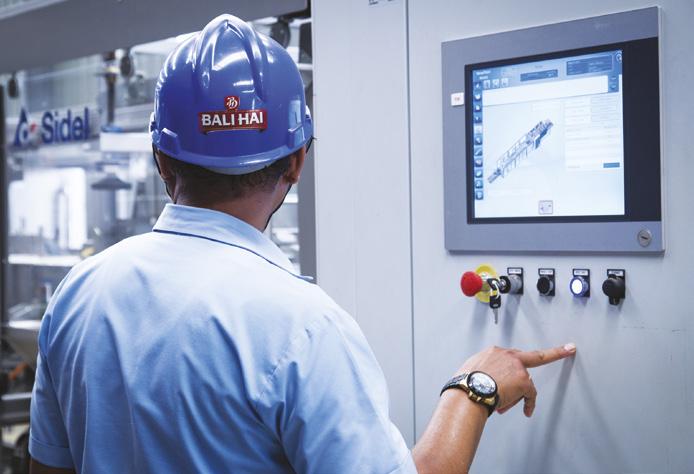
4
settings for a fully controlled beer taste,’ Blegog enthuses. By maximising the size of the pasteuriser, Bali Hai can also welcome future production increases.
FLEXIBLE AND COMPACT TO HANDLE A WIDE VARIETY OF SKUS The canning line runs twice as fast as the brewer’s old line. The output became three times bigger, growing from 500 to 1 450 trays per hour. With two different can formats (330ml and 500ml); nine different recipes and various secondary packaging options, the number of SKUs handled by Bali Hai’s canning line lies at 18. This required a high level of flexibility at the secondary packaging stage.
The brewery also decided to shift from RSC cases to film for economic benefits. To do this, they installed a Sidel EvoFilm Access. This is a seamless shrink-wrapping solution for low to medium speed applications. They wanted to widen the secondary packaging solutions offered to customers, including multipacks. Blegog comments, ‘With the new line, we have a sophisticated tray and film solution that we can apply to produce various packing alternatives. For example, four- or six-packs wrapped on one tray containing a total of 24 cans can run on one solution. If multipacks are not requested, products can bypass the tray and film packer directly to the shrink-wrapping system.’ A modular design concept allows for a broad array of configurations and options. EvoFilm Access offers expanded flexibility. ‘We added some tailor-made options to fit Bali Hai’s needs,’ Stéphane Séné, key account manager at Sidel explains. ‘A design to cost approach has been applied to deliver the best quality-price-performance ratio available on the market for shrink-wrapping at speeds of up to 60 cycles per minute. We also implemented a simple conveying solution to feed the shrink-wrapper.' The customer could save factory floor space, which is now dedicated to warehouse purposes. 'We removed the need for a divider by orienting the lanes of cans differently. Customers can now manage eight pack configurations easily and efficiently. The system can manage both packs and loose cans,’ he adds.
The ease of operations brought by Sidel’s end-of-line solution became instantly clear when, after its integration, no specific training of the customers’ operators was required. ‘By operating Sidel solutions in our brewery, we expect to fulfil market demands while providing excellent quality products. We are very satisfied with the performance of the recently installed complete line. We believe the best beer is produced by the most qualified people and packaged with the best machinery. For that, Sidel is the solution,’ Daniel concludes proudly. •


